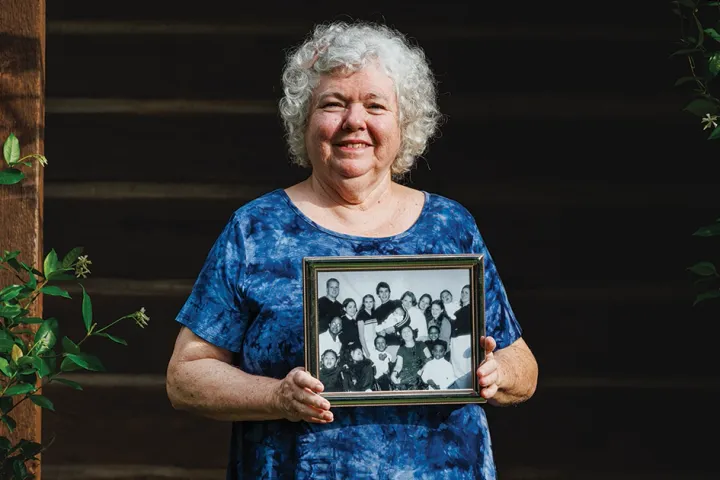Legalese in paperwork, medical jargon on prescriptions, instructions for “easy-to-assemble” projects—our lives are filled with language we don’t understand. But someone does. It’s the job of lawyers, doctors, engineers, and other professionals to interpret technical information for us so we can use it to make good decisions and lead better lives. Often the real dilemma isn’t how to make sense of what we’re reading—that’s impossible for the untrained—but where to find someone who can help us. This was exactly the case for an Ethiopian traveling home from Jerusalem.
 Illustration by Stephanie Wunderlich
Illustration by Stephanie Wunderlich
BACKGROUND
With Saul ravaging the new church and imprisoning believers, Christians have scattered. Philip fled to Samaria, where his ministry was characterized by signs, miracles, and numerous converts. Hearing about his success, Peter and John traveled there to see what was happening. After a few days, the three headed back to Jerusalem, but along the way, Philip received special instructions from an angel.
READ
Acts 8:26-40
REFLECT
When the angel redirected his route, Philip must have anticipated there would be a special ministry opportunity waiting for him.
Philip’s work in Samaria (Acts 8:12-17) was an opportunity to minister to people who were not accepted in mainstream Jewish culture (John 4:9). Later, encountering a man from the royal court of the queen of Ethiopia, Philip found himself sharing the gospel with another outsider. The man was not only a foreigner but also a eunuch, which meant he’d never have been accepted into Judaism (Deut. 23:1), even though he worshipped as a Jew. How do you think these two stories about Philip’s ministry are related? What do these encounters teach us about the way the early church spread?
Philip overheard the Ethiopian reading from Isaiah and asked if he understood the passage. What does it say about the man that he admitted he did not? List the qualities found in this story that are important for us to emulate as we read Scripture. Whom do you ask when you have questions about God’s Word?
How would you use Isaiah 53:7-8—the passage the man was reading and Philip used to explain Jesus—to present the gospel? What other Bible verses can you turn to?
CONTINUING THE STORY
Philip’s gospel message to the Ethiopian isn’t recorded in its entirety. Since the man eventually asked about baptism, it’s possible Philip included an exhortation similar to Peter’s after his sermon at Pentecost.
Read Acts 2:37-41. When you share the gospel with those around you, what appeal do you make? Is it hard to call others to repentance?
Rather than saying he wanted to be baptized, the Ethiopian man asked a question: “What prevents me from being baptized?” (Acts 8:36). Why do you think he asked Philip this question? What answer do you think he expected?
Philip was “snatched away” and “found himself” at Azotus (vv. 39-40). What do you make of these phrases—a description of supernatural “teleportation” or of blind faith and prompt obedience? Or something else? What can we learn from his sudden departure, however it happened?
REFLECT
When his story picks up years later, Philip is settled in Caesarea with four daughters (Acts 21:8-9). In some ways, a domestic life by the sea seems a dramatic departure from his Spirit-led ministry in Samaria and on the road to Gaza.
What advantages might Philip have gained by settling in Caesarea? What dangers would he have faced? How might Philip’s experiences in both Samaria and Caesarea, and even earlier in Jerusalem, inspire us to a life of faithfulness?





